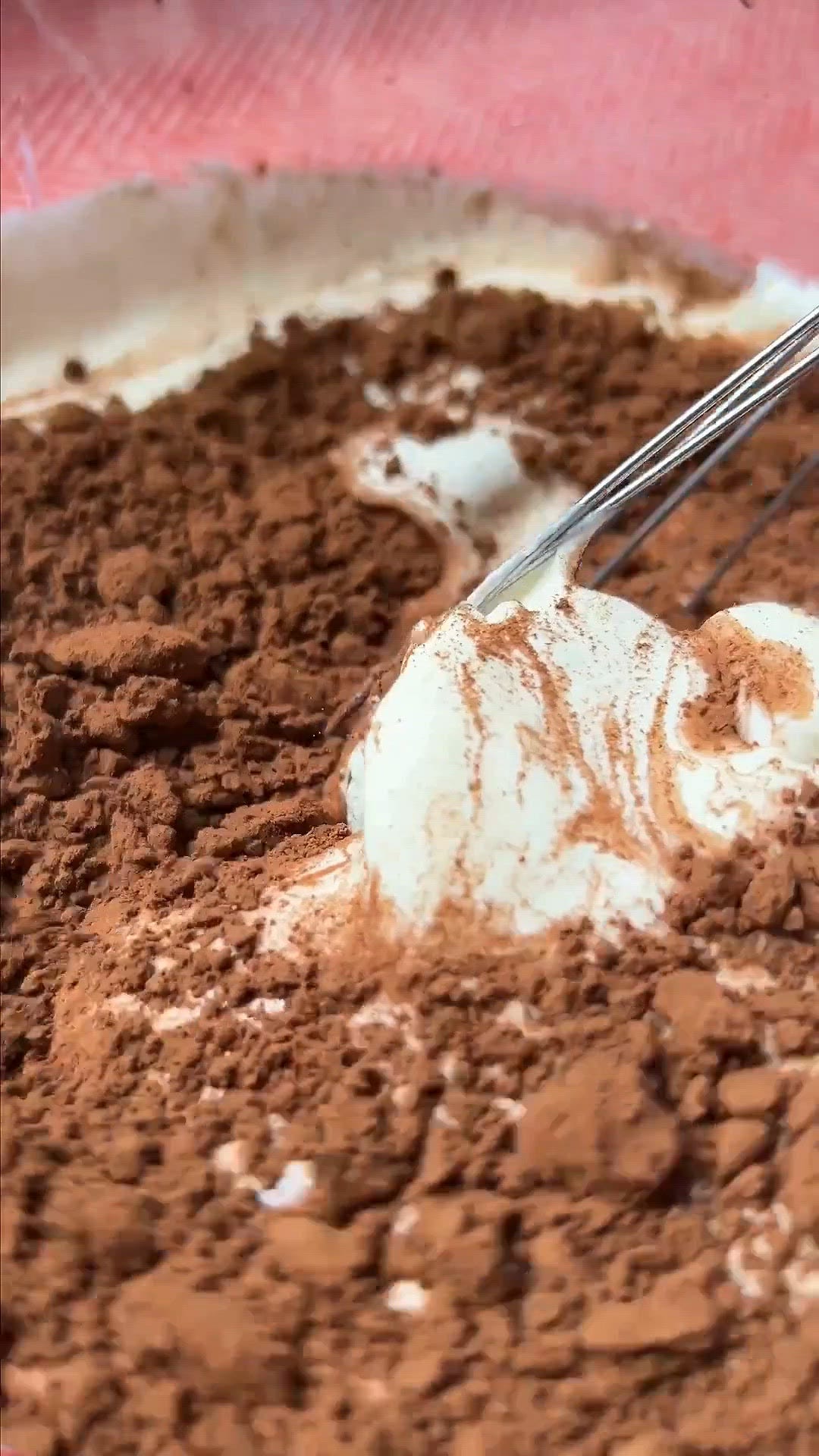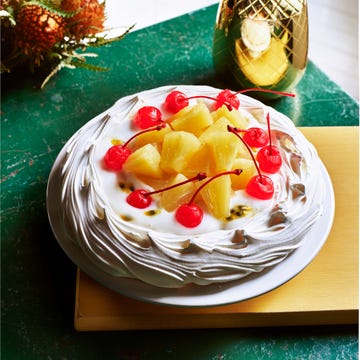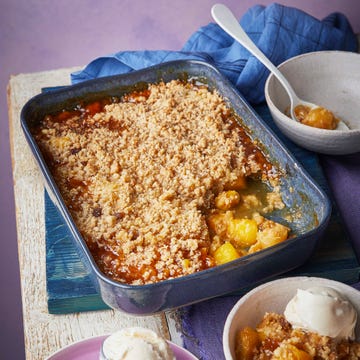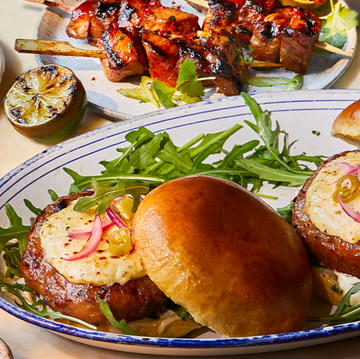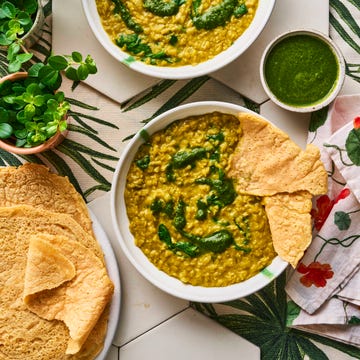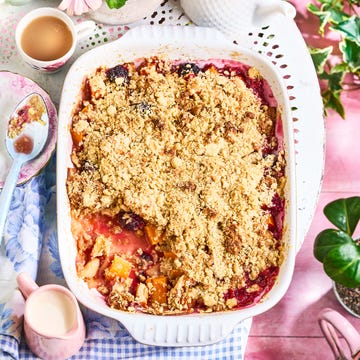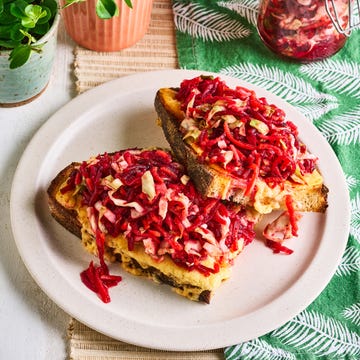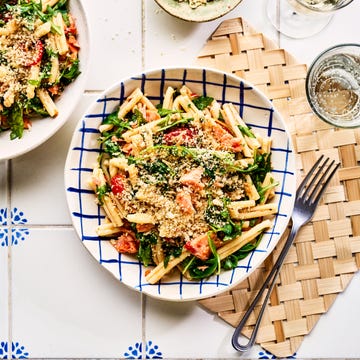Italy has been in uproar this week over the realisation that the UK includes butter in their cacio e pepe recipes (guilty as charged). According to Fiepet Confesercenti, an association that represents restaurants in Italy, the sacred Roman pasta dish should only ever include three ingredients; spaghetti, Pecorino and black pepper.
While we believe that recipes are up to interpretation and can be adapted to certain tastes, here are the top no-gos in Italy when it comes to cooking pasta:
Cheese in a seafood dish
Cheese and seafood should never be mixed. Seafood, such as prawns and mussels, have a very delicate flavour, so adding cheese often overpowers these flavours. And, since seafood is expensive, it makes sense to celebrate the seafood, rather than drowning it with pungent cheese! So, rather than a cheesy seafood pasta, try pairing it with a tomatoey sauce instead, which enhances the flavours of the fish.
Cream in a carbonara
A traditional Roman carbonara should consist of guanciale (cured pig’s cheek), egg yolks, Pecorino and black pepper. And only those ingredients (although we’re a big fan of our truffle carbonara)! Adding cream is considered criminal. The egg yolks should create enough creaminess by emulsifying with the starchy pasta water, to prevent the need for added cream.
Overcooking your pasta
Pasta should be al dente, meaning ‘to the tooth’. So your pasta should have a slight bite to it still, rather than become a mushy mess at the bottom of the pan. When in doubt, cook for slightly less time than the packet says, and keep tasting until it’s to your liking (or an Italian’s liking).
Adding oil to the pasta water
You may think that you’re adding flavour to the pasta if you add oil to the cooking water, however, this will prevent the sauce from sticking once the pasta is drained. Ultimately, losing a lot more flavour!
Serving your sauce on top of your pasta
Your sauce should be mixed with your pasta before serving to create a silky and coated texture. Never serve your sauce on top of your pasta, or you’ll prevent a consistent tasting dish.
Not salting your pasta water
Pasta dough itself isn’t seasoned (salt would create spotting in the dough), so it’s imperative you salt your water enough during the cooking process. The water is meant to taste like the sea, according to Italians!
Mushrooms in your bolognese
Mushrooms don’t traditionally belong in a Bologna ragu (again, we’re guilty 😬). Pasta Evangelists’ head chef Roberta d’Elia says: ‘Instead, stick to the Italian holy trinity of vegetables to make the dish great: onion, celery and carrots’.
So, be honest with yourselves – how many of these sins do you commit?
Grace is Good Housekeeping’s Senior Cookery Writer, serving up delicious food and drink content. Grace was trained at Leiths Cookery School and worked as a chef in some of London’s most exciting restaurants before starting at Good Housekeeping. When she isn’t eating and drinking her way through London's restaurants, you’ll find her attending music gigs and binge-watching the newest TV shows.





